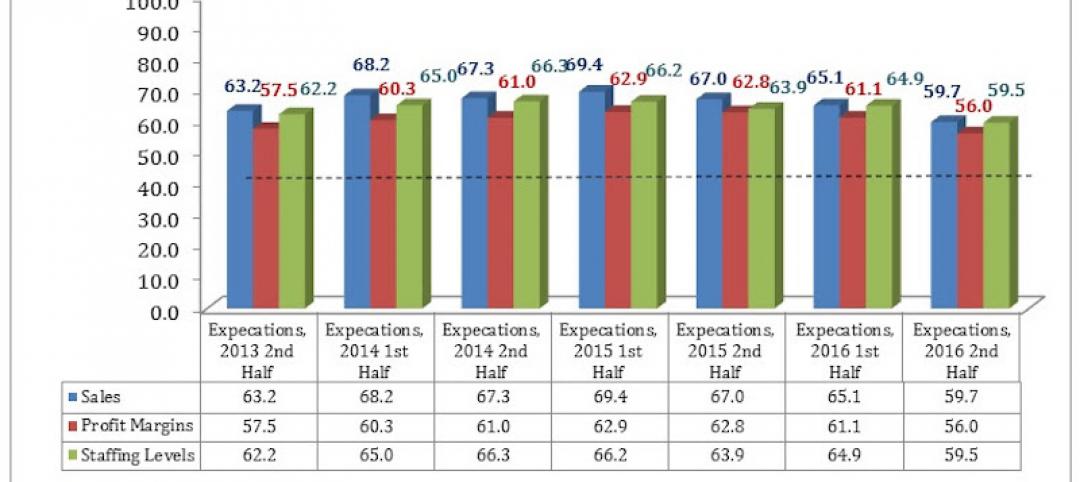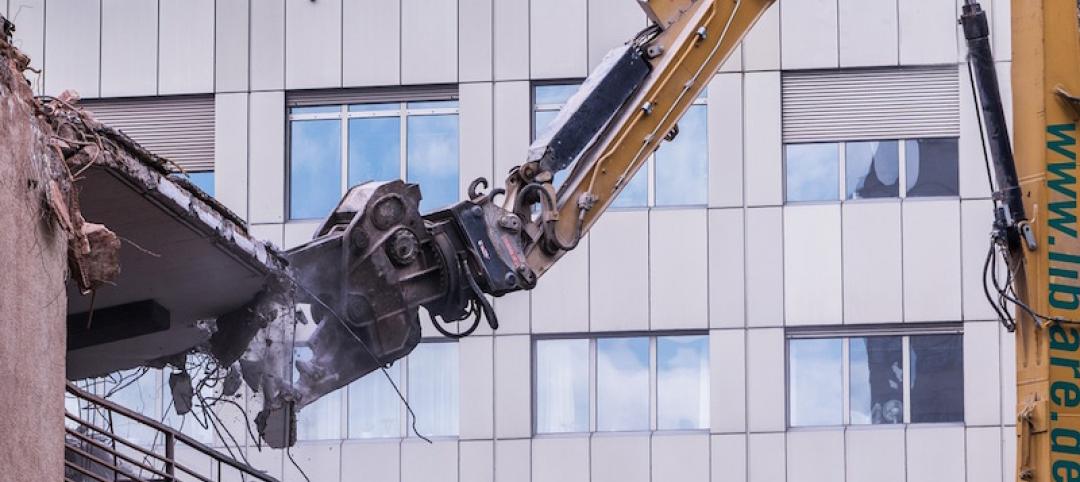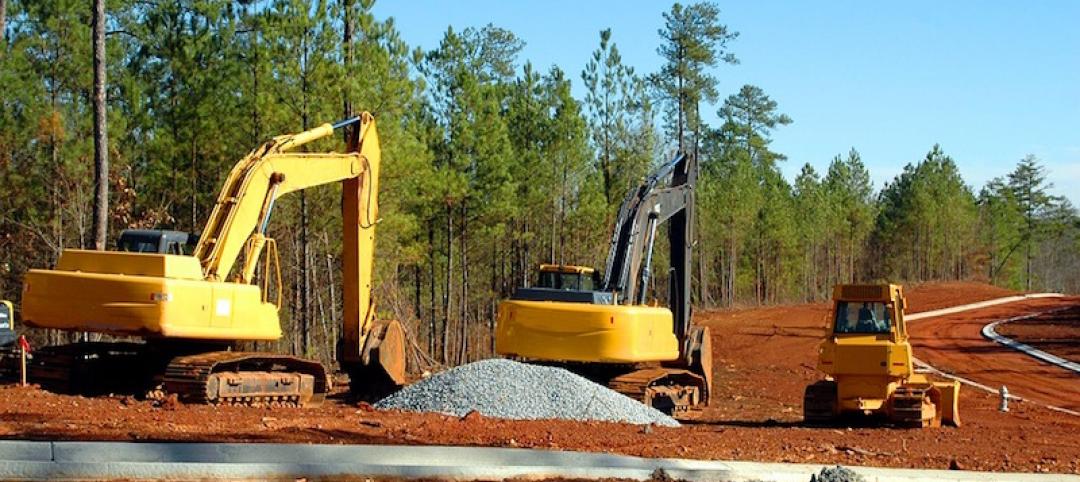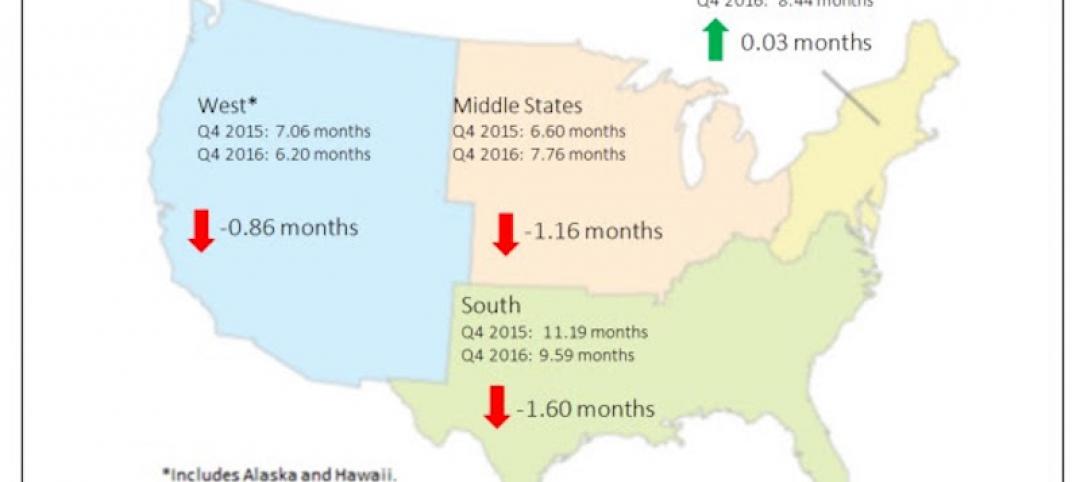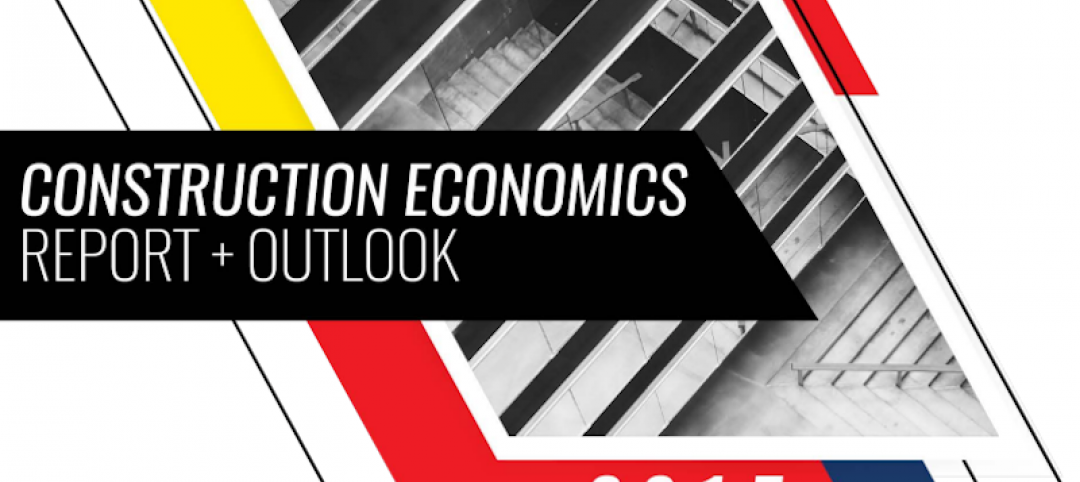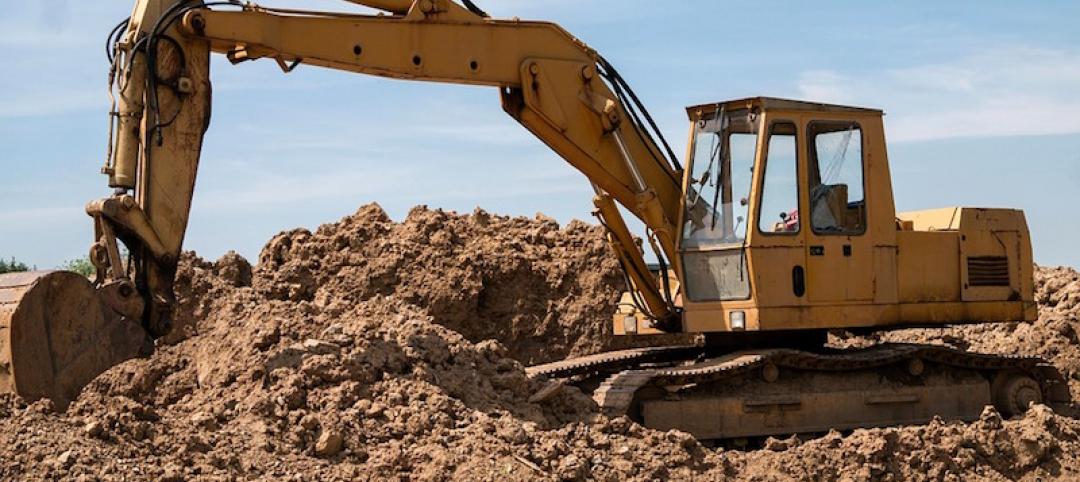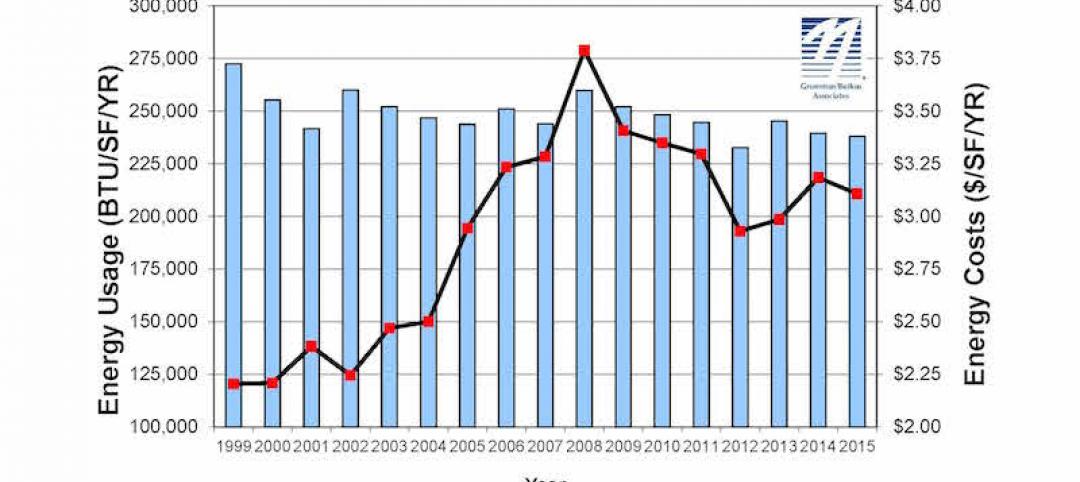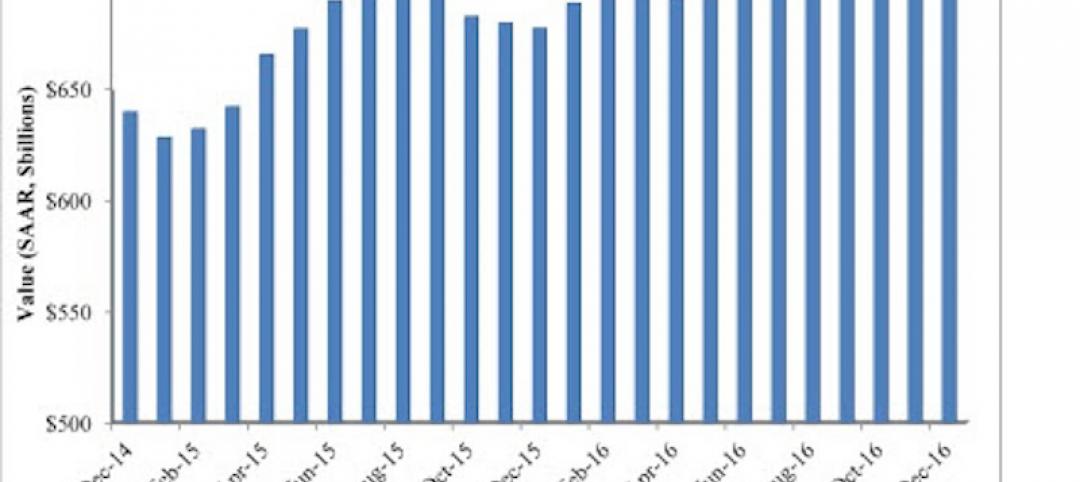Construction employment in March remained below March 2020 levels in 35 states despite a sizzling homebuilding market and a strong recovery from severe winter weather, according to an analysis by the Associated General Contractors of America of government employment data released today. Association officials cautioned, however, that a host of challenges, including continued project cancellations, rising materials prices, and supply chain uncertainties are making business conditions for contractors difficult.
“Nonresidential contractors are coping with a depleted list of projects, extreme cost increases, and unprecedented supply-chain problems,” said Ken Simonson, the association’s chief economist. “These headwinds are likely to keep industry employment in many states below pre-pandemic levels for months.”
Seasonally adjusted construction employment in March exceeded the March 2020 level in only 14 states and the District of Columbia. Utah added the most jobs (6,400 jobs or 5.6%), trailed by Idaho (3,900 jobs, 7.0%) and Washington (2,200 jobs, 1.0%). Idaho added the highest percentage, followed by Utah and South Dakota (3.8%, 900 jobs).
Employment declined year-over-year in 35 states and stagnated in Mississippi. Texas lost the most construction jobs over the period (-35,400 jobs or -4.5%), followed by New York (-29,300 jobs, -7.2%), Louisiana (-16,500 jobs, -12.4%), and New Jersey (-14,500 jobs, -8.9%). Wyoming recorded the largest percentage loss (-12.7%, -2,900 jobs), followed by Louisiana, New Jersey, and Nevada (-8.1%, -8,000 jobs).
For the month, construction employment rebounded in 39 states—some of which had been battered by unusually severe winter weather in February—while 10 states lost jobs, and there was no change in D.C. and New Hampshire. Texas added the most construction jobs (19,100 jobs, 2.6%) as work resumed following a damaging freeze in February. Other states with large monthly gains include New York (10,000 jobs, 2.7%), Minnesota (7,900 jobs, 6.8%), and Iowa (7,500 jobs, 10.3%). Iowa had the largest percentage gain, followed by Kansas (10.0%, 6,000 jobs) and Minnesota. Nevada lost the largest number and percentage of construction jobs for the month (-1,300 jobs, -1.4%).
Association officials said Washington leaders could help address many of the challenges facing commercial contractors. They noted, for example that proposed new investments in infrastructure will help offset continued private sector project cancellations. And they renewed their calls for the Biden administration to remove tariffs on key construction materials, including steel and lumber, and explore actions to unjam ports and other shipping facilities.
“Nicer weather and expanding confidence that the pandemic will soon end are helping improve market conditions,” said Stephen E. Sandherr, the association’s chief executive officer. “But the best way for policy makers to support continued job growth in the construction industry is to invest in infrastructure, remove government-imposed additions to materials prices, and help get the country’s supply chain back in order.”
View state March 2020-March 2021 data, 12-month rankings, 1-month rankings and map.
Related Stories
Market Data | Mar 29, 2017
Contractor confidence ends 2016 down but still in positive territory
Although all three diffusion indices in the survey fell by more than five points they remain well above the threshold of 50, which signals that construction activity will continue to be one of the few significant drivers of economic growth.
Market Data | Mar 24, 2017
These are the most and least innovative states for 2017
Connecticut, Virginia, and Maryland are all in the top 10 most innovative states, but none of them were able to claim the number one spot.
Market Data | Mar 22, 2017
After a strong year, construction industry anxious about Washington’s proposed policy shifts
Impacts on labor and materials costs at issue, according to latest JLL report.
Market Data | Mar 22, 2017
Architecture Billings Index rebounds into positive territory
Business conditions projected to solidify moving into the spring and summer.
Market Data | Mar 15, 2017
ABC's Construction Backlog Indicator fell to end 2016
Contractors in each segment surveyed all saw lower backlog during the fourth quarter, with firms in the heavy industrial segment experiencing the largest drop.
Market Data | Feb 28, 2017
Leopardo’s 2017 Construction Economics Report shows year-over-year construction spending increase of 4.2%
The pace of growth was slower than in 2015, however.
Market Data | Feb 23, 2017
Entering 2017, architecture billings slip modestly
Despite minor slowdown in overall billings, commercial/ industrial and institutional sectors post strongest gains in over 12 months.
Market Data | Feb 16, 2017
How does your hospital stack up? Grumman/Butkus Associates 2016 Hospital Benchmarking Survey
Report examines electricity, fossil fuel, water/sewer, and carbon footprint.
Market Data | Feb 1, 2017
Nonresidential spending falters slightly to end 2016
Nonresidential spending decreased from $713.1 billion in November to $708.2 billion in December.
Market Data | Jan 31, 2017
AIA foresees nonres building spending increasing, but at a slower pace than in 2016
Expects another double-digit growth year for office construction, but a more modest uptick for health-related building.



